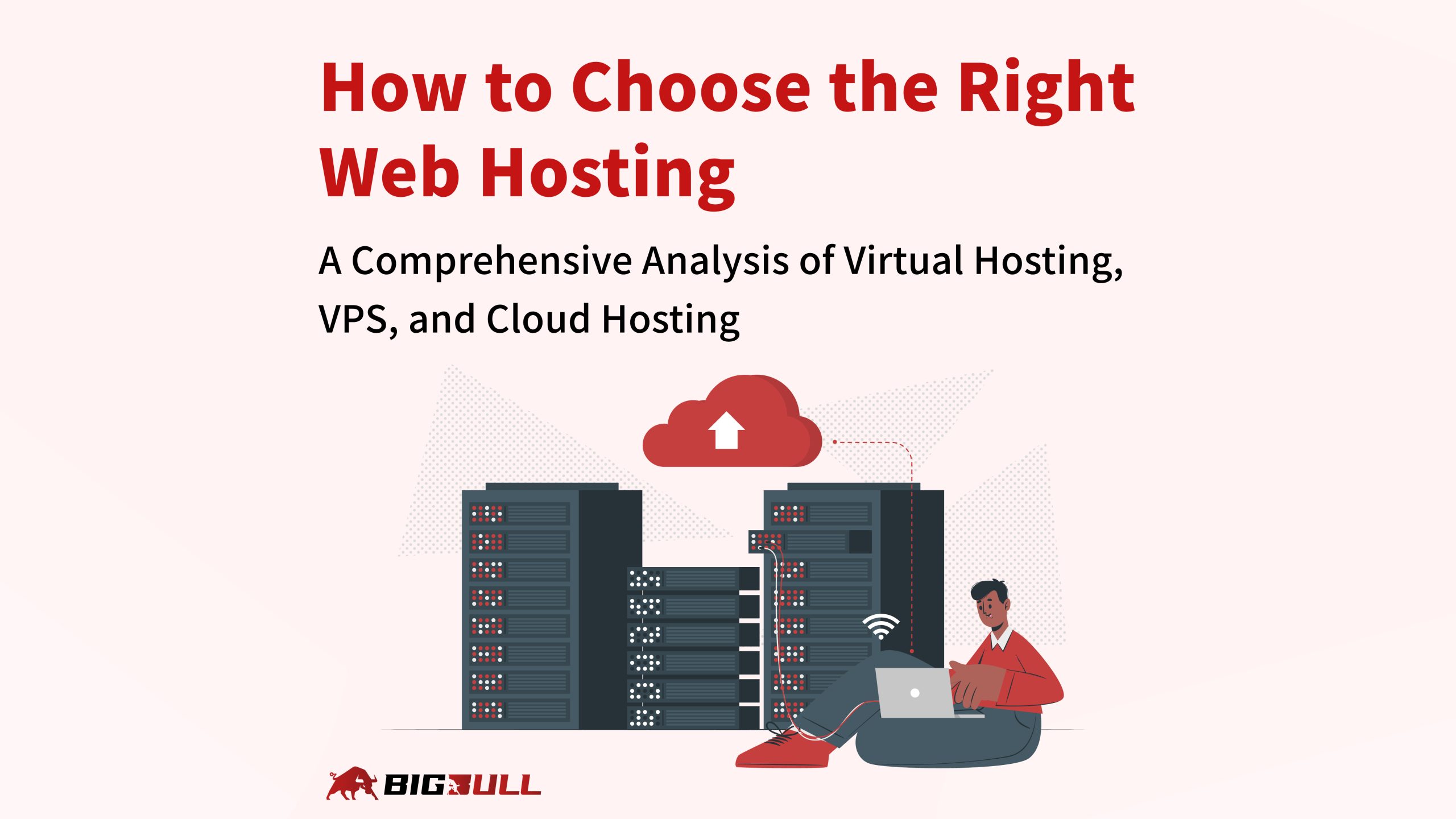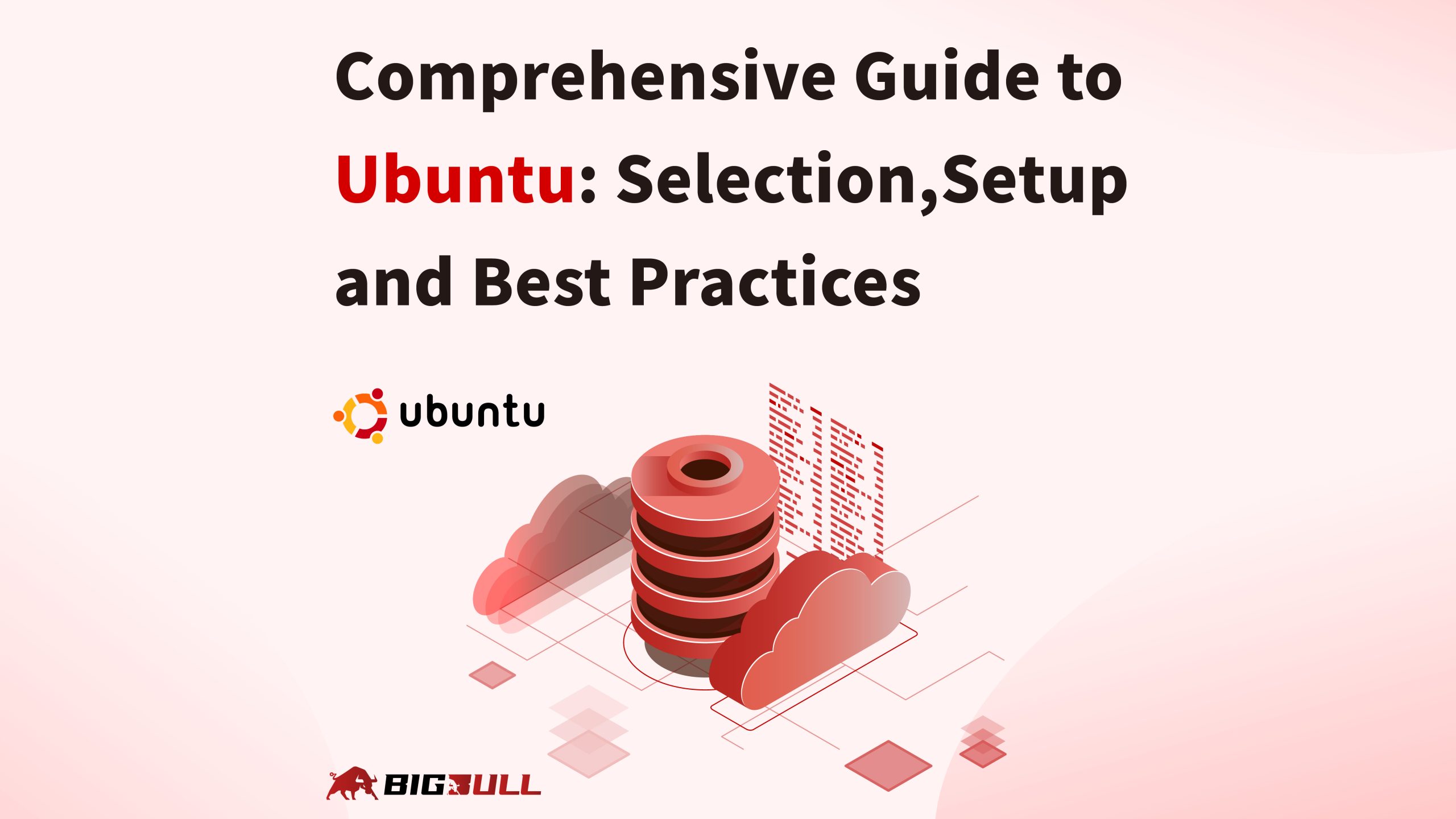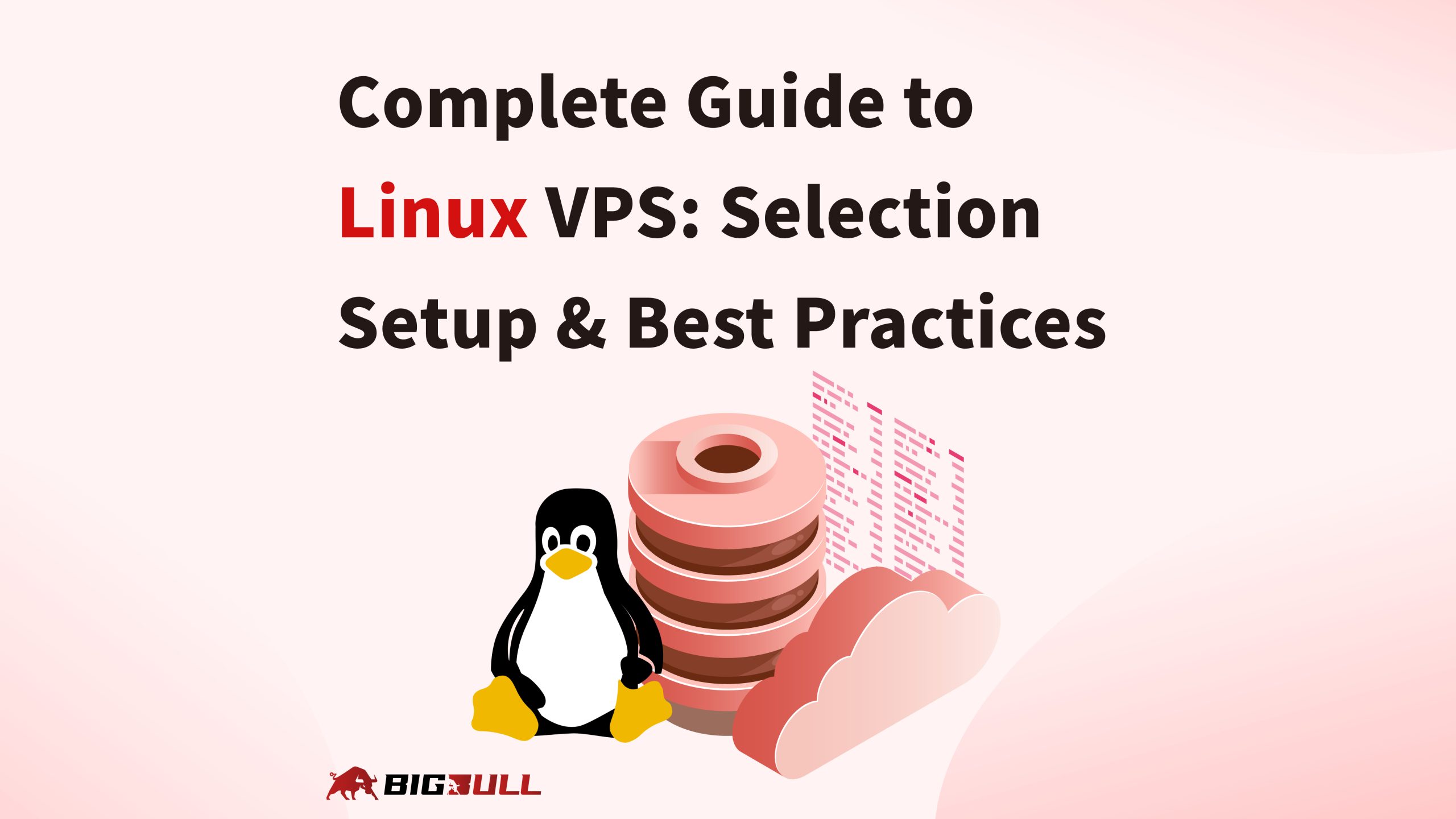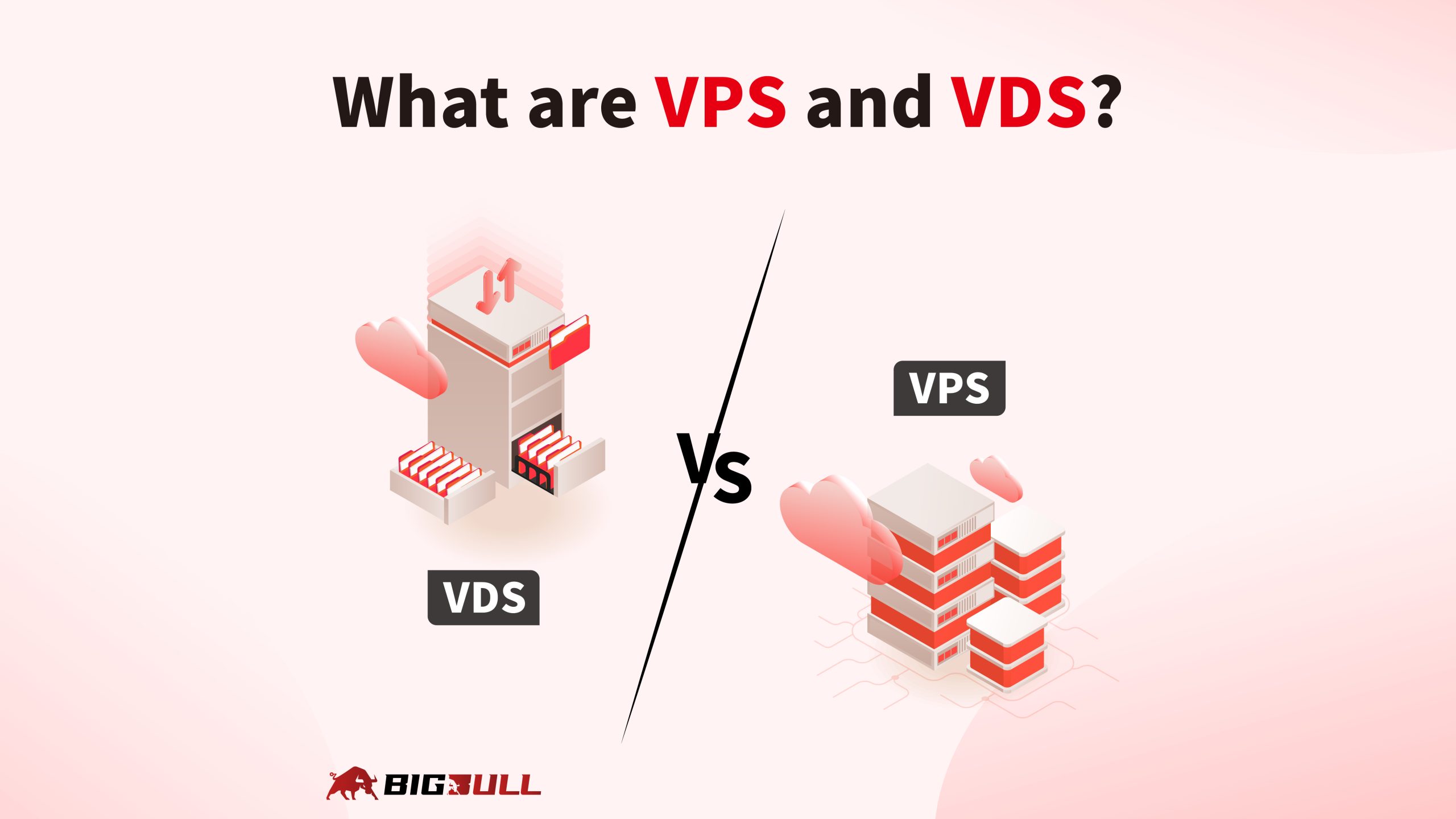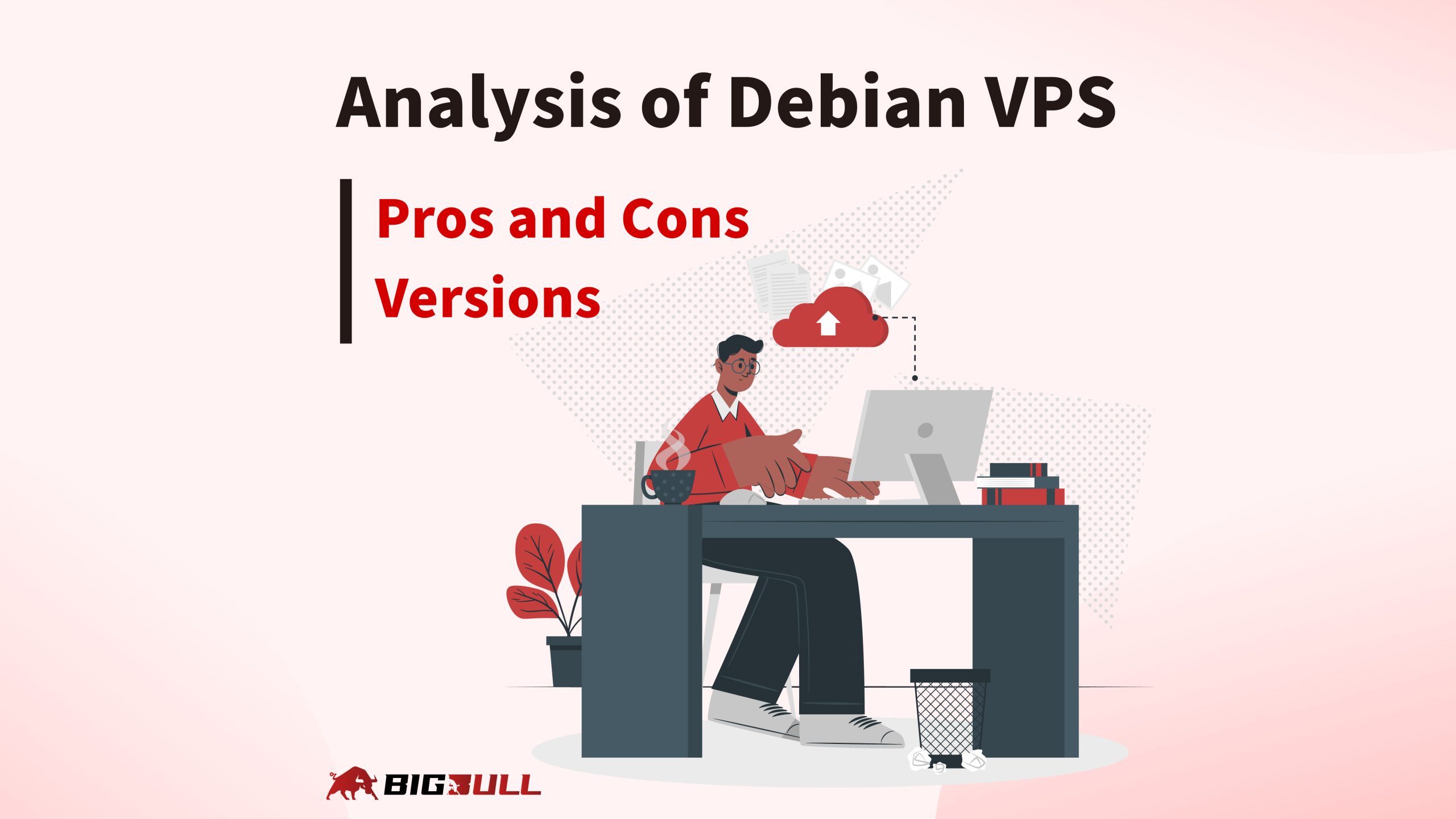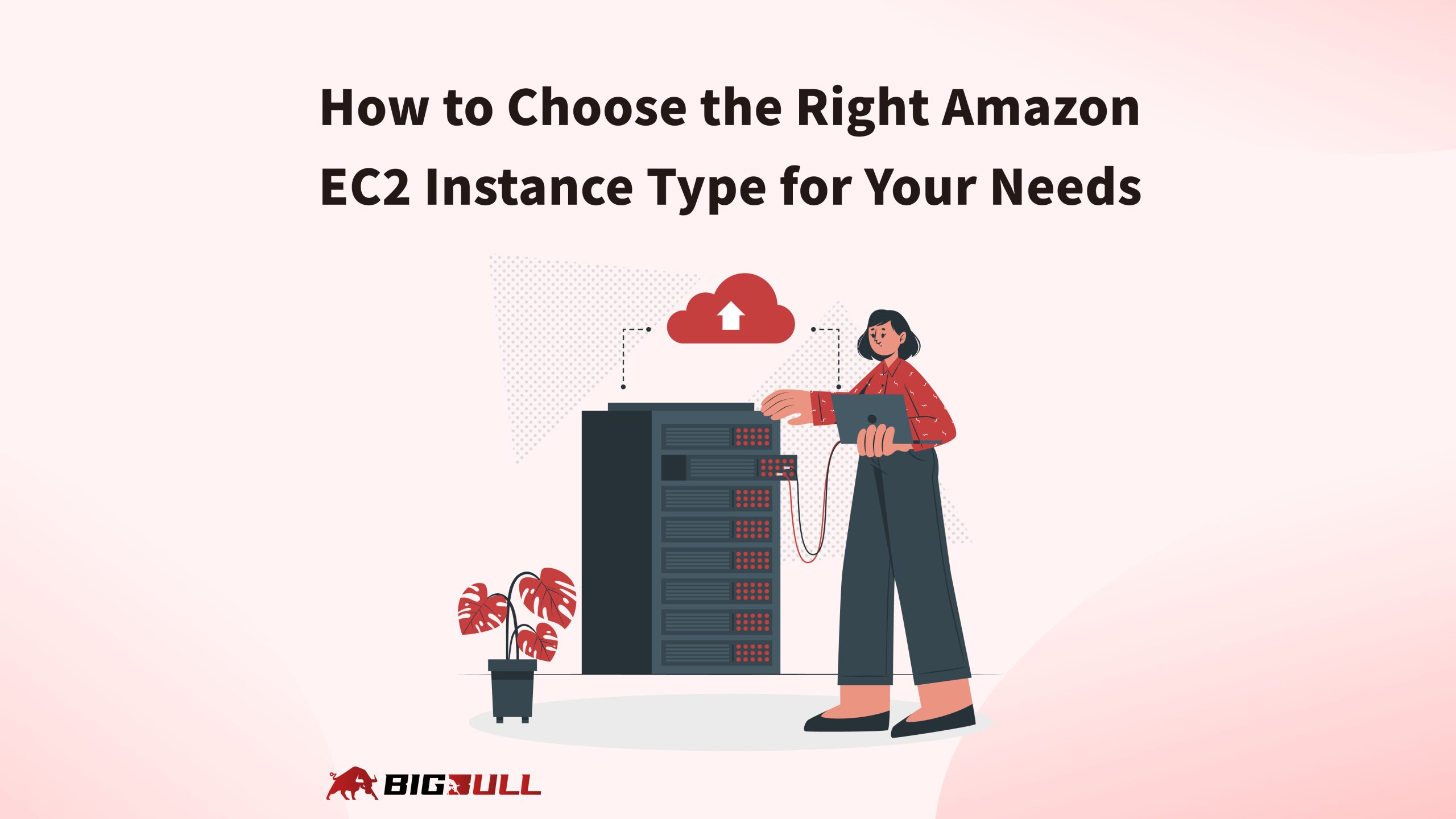Selecting the right web hosting solution is essential to ensure the stability and performance of your website. The market offers various hosting options, including shared hosting, VPS (Virtual Private Server), cloud hosting, and dedicated servers. These solutions differ in terms of performance, cost, scalability, and security. In this article, we will break down four major hosting solutions—cloud hosting, shared hosting, VPS, and dedicated hosting—to help you understand their pros and cons, suitable use cases, and how to choose the best option for your needs.
Virtual Hosting, VPS, Cloud Hosting Comparison – Terminology and Features
Virtual Hosting (Shared Hosting): A Budget-Friendly Starter Option

Virtual hosting, also known as shared hosting, involves multiple websites sharing the same server resources. Each site is allocated a certain amount of resources, such as CPU, memory, and storage. However, since resources are shared, high traffic on one site can impact the performance of others. Additionally, security risks may arise if one site on the server is attacked.
The main advantage of virtual hosting is its affordability, making it ideal for personal blogs, small business websites, and beginners. Most virtual hosting providers offer easy-to-use management interfaces and tools like one-click installations for content management systems (CMS) like WordPress and Joomla, simplifying website setup.
VPS Hosting: A Balance of Flexibility and Control

VPS hosting uses virtualization technology to divide a physical server into multiple virtual servers. Each virtual server has its own dedicated resources such as CPU, memory, and storage, along with an independent operating system. This gives users more control and the ability to install custom software and configurations.
Compared to shared hosting, VPS offers more stable performance as it is not affected by other websites’ traffic. It is suitable for medium-sized websites or developers who require more control and flexibility. VPS hosting allows users to run custom applications like game servers, e-commerce platforms, or development environments that cannot be achieved with shared hosting.
Cloud Hosting: The Ideal Choice for Flexibility and High Performance

Cloud hosting is based on a cluster of servers and uses virtualization to dynamically allocate resources. This architecture ensures high availability and stability—if one server fails, others immediately take over to ensure uninterrupted service. Cloud hosting allows for flexible resource adjustments, such as CPU, memory, and storage, making it suitable for websites with fluctuating traffic.
This pay-as-you-go model is perfect for websites that need scalable resources, such as e-commerce platforms, startups, or any application requiring high performance and flexible resource allocation. Users can quickly scale resources as traffic grows without needing to upgrade or migrate servers like in traditional hosting.
Dedicated Hosting: The Ultimate Choice for Performance and Control

Dedicated hosting provides a single physical server exclusively for one website, granting full control over all resources (CPU, memory, storage, etc.). Users have complete freedom to choose hardware configurations, operating systems, and security measures to meet high performance and security needs.
Dedicated hosting delivers excellent performance and stability, making it ideal for large businesses or high-traffic websites, such as financial institutions or online media platforms. Users can fine-tune configurations to handle high traffic or complex applications. However, dedicated hosting is more expensive and requires a professional technical team for server management and maintenance.
How to Choose the Right Hosting Solution?
1. Based on Your Budget:
- Shared Hosting: The most affordable option, suitable for individuals or small businesses with limited budgets. It offers a low-cost solution with easy-to-use management interfaces that require little to no technical knowledge.
- Ideal for: Personal blogs, static websites, portfolio pages.
- VPS Hosting: A mid-range solution for users who need better performance and more control. VPS allows for scalable resources and flexible management but comes at a higher price than shared hosting.
- Ideal for: Medium-sized business websites, development environments, stable e-commerce sites.
- Cloud Hosting: A flexible, pay-as-you-go model where costs depend on resource usage. This option is ideal for websites with fluctuating traffic. While the cost may vary with usage, cloud hosting offers the ability to automatically scale resources.
- Ideal for: E-commerce platforms, websites with unpredictable traffic, startups.
- Dedicated Hosting: The most expensive hosting solution, suitable for websites requiring full control and maximum performance. It provides exclusive server resources but requires professional management and maintenance.
- Ideal for: Large enterprises, high-traffic websites, applications requiring high security.
2. Based on Your Technical Abilities:
- Beginners and Non-Technical Users: Shared hosting is the simplest option, offering easy management without the need for technical knowledge. It’s perfect for individuals and small businesses new to website management.
- Intermediate Users: VPS offers more control and flexibility but requires some technical skills to manage the server environment. If you need more customization options and are willing to learn how to manage a server, VPS is the ideal choice.
- Technical Teams: Cloud hosting and dedicated hosting are suitable for businesses with technical expertise. Cloud hosting requires skills in cloud architecture management, while dedicated hosting demands experience in hardware and software configuration.
3. Based on Your Website Type and Traffic Needs:
- Personal Blogs and Small Websites: Shared hosting is sufficient, providing a high cost-performance ratio and easy management. For websites that don’t require complex functionalities or handle high traffic, shared hosting will be enough.
- Medium-Sized Businesses or E-Commerce Platforms: VPS is the best option, offering stable performance and flexible resource management. It allows for resource upgrades based on website demands.
- Large Websites or High-Traffic Applications: Cloud hosting adjusts resources automatically based on traffic changes, ensuring stable operation during peak times. Dedicated hosting provides the strongest performance and control, suitable for websites with stringent performance and security requirements.
4. Based on Future Expansion Needs:
- Short-Term or Stable Needs: Shared hosting and VPS can meet most short-term or stable resource demands. If you plan to expand your business in the future, you may consider starting with VPS and upgrading to a more advanced hosting solution later.
- Long-Term Expansion: Cloud hosting offers high flexibility and scalability, making it ideal for websites expecting significant traffic growth. Dedicated hosting suits large businesses with specific hardware upgrade and security needs.
BigBull Technology’s Multi-Cloud Management Platform Offers Comprehensive Hosting Solutions

BigBull Technology’s Multi-Cloud Management Platform is an integrated tool combining multiple cloud service providers like AWS and GCP, designed to offer flexible and efficient hosting solutions. Whether you need cloud hosting, shared hosting, or VPS, BigBull Technology provides tailored services to meet diverse user needs.
The Advantages of BigBull Technology:
- Multi-Cloud Management: The platform integrates various cloud service providers, allowing users to choose different hosting solutions that meet their business needs.
- Flexible Configuration: Users can select resources such as CPU, memory, and storage space based on their needs, whether it’s lightweight shared hosting or high-performance dedicated hosting.
- Easy Operation: The platform offers an intuitive interface that makes multi-cloud management easy, even for beginners.
- High Integration: The platform supports various operating systems and applications, such as Debian, Ubuntu, and Windows, to meet the diverse needs of developers and enterprises.
- Exclusive Affiliate Program: Promoters can earn significant commissions (up to 20%, no limit) by referring new customers to purchase VPS hosting services.
Get Your Free Trial Now
To allow more users to experience the powerful performance of cloud servers, BigBull Technology is offering a limited-time free trial. By using the exclusive promo code “BL168,” you’ll receive $20 in free credits, enough to try AWS/GCP servers for up to 4 months without worrying about initial costs.
Conclusion
Choosing the right web hosting is crucial for the growth and success of your website. Whether you’re a beginner building your first site or a business with high-traffic demands, understanding the pros and cons of shared hosting, VPS, cloud hosting, and dedicated hosting is essential. We hope this article helps you gain a deeper understanding of these four hosting solutions and choose the best one based on your needs.
If you have any questions about how BigBull Technology can assist you with AWS/GCP VPS, servers, or hosting, feel free to contact us via email, or WhatsApp. We’re here to discuss how we can support your cloud hosting needs.

